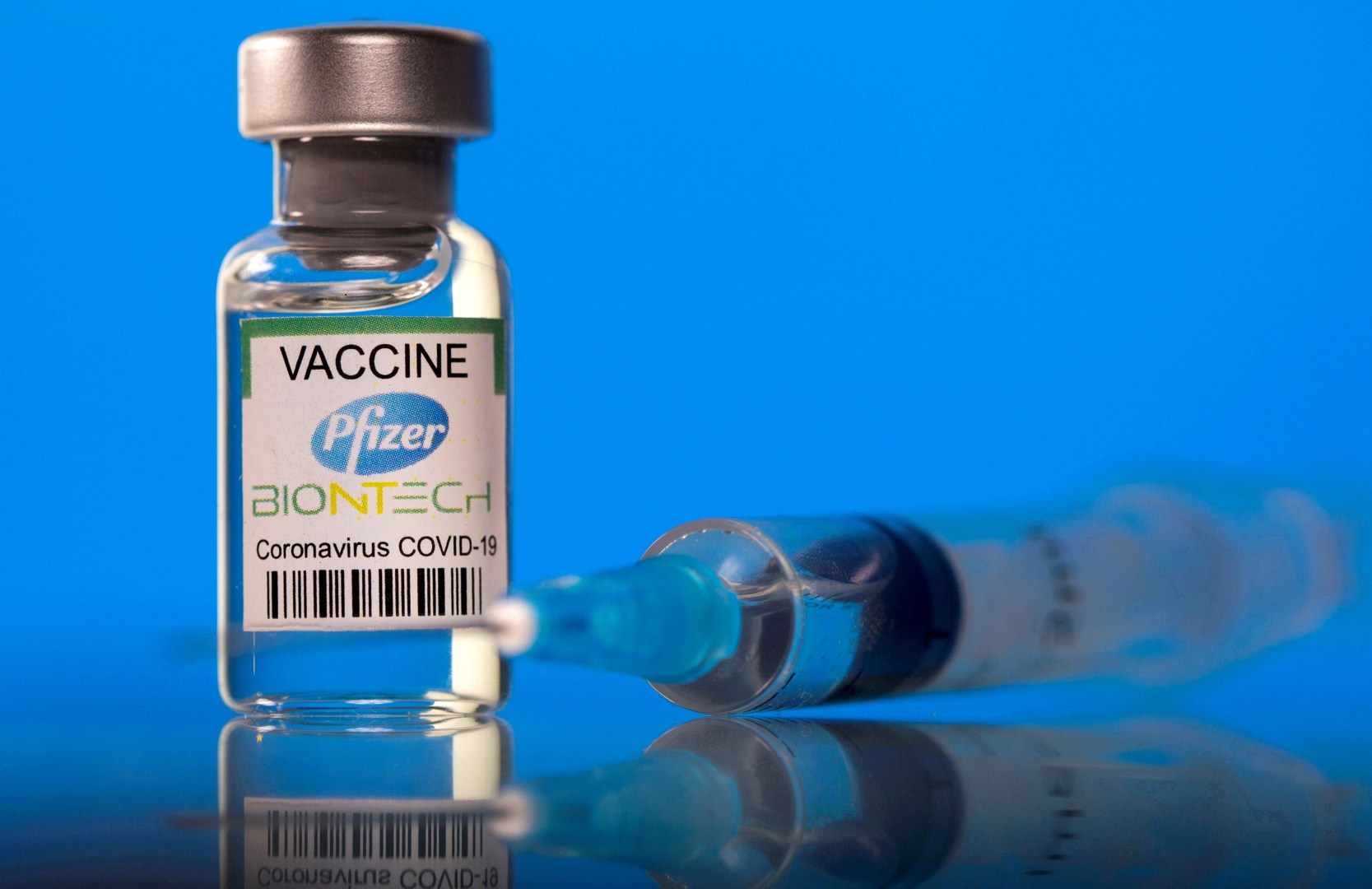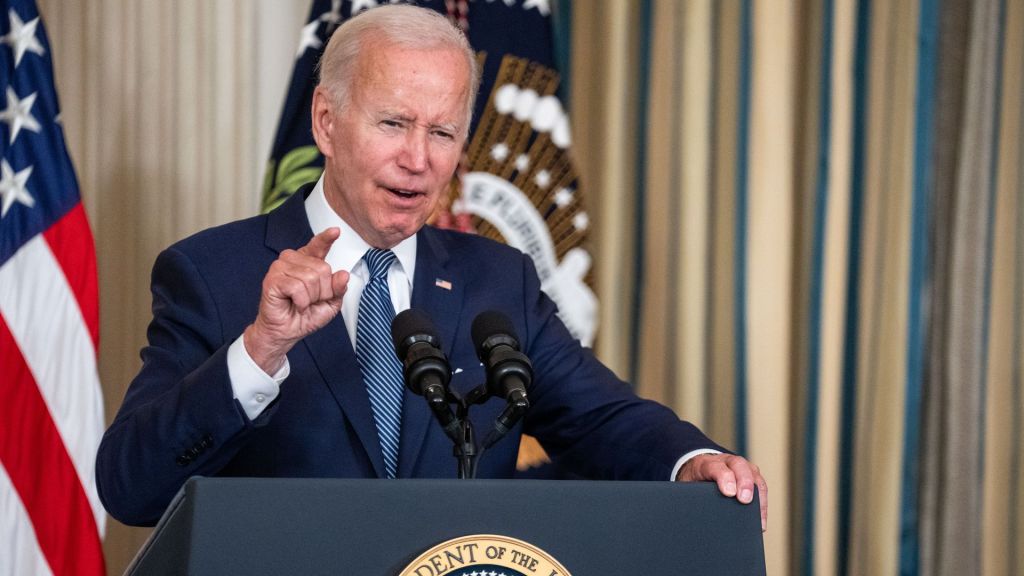
Dr. Bill Gruber, a Pfizer senior vice president and pediatrician: “I’m very pleased to announce that we have the first data that we’re going to be submitting to the FDA that demonstrates a robust immune response and satisfactory safety profile for the Pfizer-BioNTech mRNA vaccine in children five to 11 years of age.”
“We measure the ability of antibody from the children that were vaccinated to kill the virus and how well that matched up the antibody from 16 to 25 year olds, and it matched very closely. And since we know that 16 to 25 year olds are protected and antibody is a good measure of that protection, having matched that antibody response, we’re likely to match the protection.”
“Particularly in the setting of the delta variant, hospitals are seeing more pediatric cases. My understanding is that for those children that are hospitalized, a quarter of them are ending up in intensive care. Fortunately, deaths are uncommon, but nonetheless, this is a huge burden. But I’d like to remind people that it’s beyond the children that are getting sick and have the potential also to transmit to susceptible people in their home. It’s the nature of how this has conspired to interrupt the normal lives of children so they can get an education that’s unencumbered, that’s face to face, in person learning, that they can engage in typical activities inside and out of school. And although there have been inroads made by masking and doing other things, we’re still not where we need to be for children to be able to grow up and have a full childhood and all the way through adolescence. And so I see this as urgent for many reasons, the social reasons, as well as the immediate impact in reducing hospitalizations and illness.”
“We will plan to provide this information, start providing this information to the FDA by the end of this month.”
“We had more people volunteering quickly than we could accommodate in the trial. So there’s pent up demand for parents to be able to have their children return to a normal life to reduce the risk of their child getting sick as well as transmitting to the family. So I expect that you’ll see a rapid uptake amongst a high proportion of the population. Obviously, unfortunately, they’re just as there are among adults, there will be those that are reluctant. I think we have to do everything in our power to convince those individuals about the safety and effectiveness of the vaccine. But I expect uptake to be brisk.”






